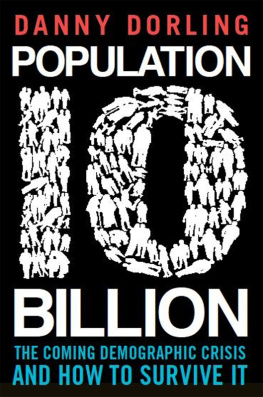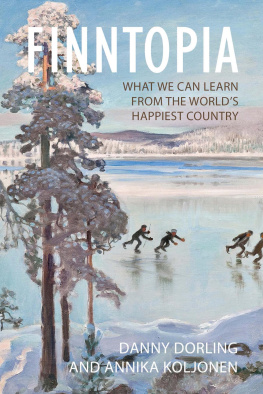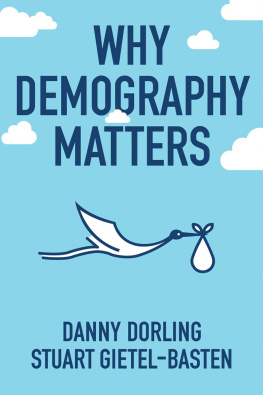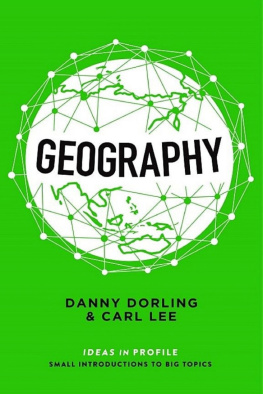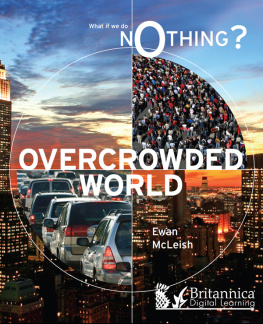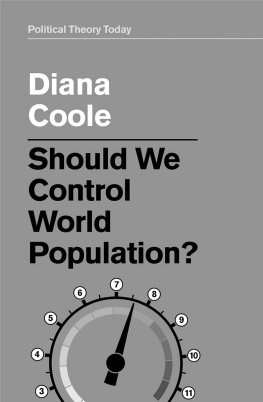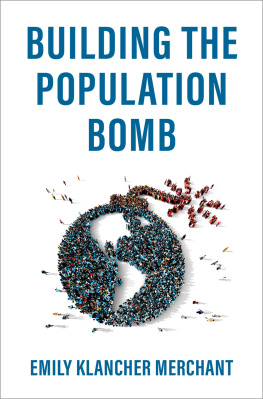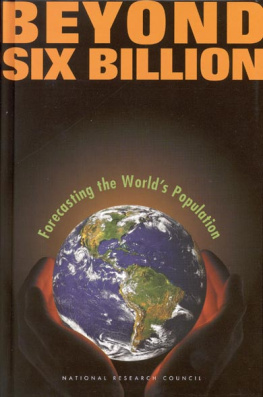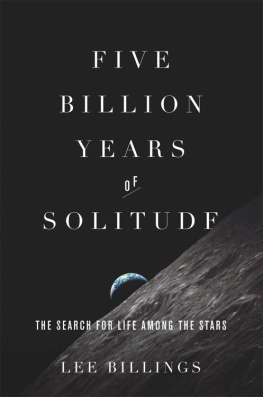Danny Dorling has been a Professor of Human Geography at the University of Sheffield since 2003. He will take up the Halford Mackinder Professorship in Geography at the University of Oxford in autumn 2013. He is also Adjunct Professor in the Department of Geography, University of Canterbury, New Zealand, Visiting Professor, Department of Sociology, Goldsmiths, University of London, and Visiting Professor in the Department of Social Medicine, University of Bristol, UK. He is an Academician of the Academy of the Learned Societies in the Social Sciences, and Honorary President of the Society of Cartographers. In 2009 he was awarded the Gold Award of the Geographical Association and the Back Award of the Royal Geographical Society for his work on national and international public policy. He has worked both with the British government and the World Health Organization and is frequently asked to comment on current issues on TV and the radio. He has published more than twenty-five books, most recently Injustice: Why Social Inequality Exists, which was described by Richard Wilkinson and Kate Pickett, authors of The Spirit Level, as provid[ing] the brain-cleaning software we need to begin creating a happier society. He lives in Sheffield with his family.
Also by Danny Dorling
The 32 Stops: Lives on Londons Central Line
Unequal Health: The scandal of our times
The Population of the UK
The Visualization of Social Spatial Structure
The No-nonsense Guide to Equality
Fair Play: A reader on social justice
Injustice: Why social inequality persists
The Atlas of the Real World (with Mark Newman and Anna Barford)
So You Think You Know About Britain?
Identity in Britain: A cradle-to-grave atlas
(with Bethan Thomas)
Population 10 Billion
Danny Dorling
Constable London
To Richard, to help him get to sleep at night and to
Kate, who knows everything will be alright in the end,
and that if it is not alright then it is not the end.
Constable & Robinson Ltd
5556 Russell Square
London WC1B 4HP
www.constablerobinson.com
First published in the UK by Constable,
an imprint of Constable & Robinson Ltd., 2013
Copyright Danny Dorling 2013
The right of Danny Dorling to be identified as the author of this work has been asserted by him in accordance with the Copyright, Designs & Patents Act 1988.
All rights reserved. This book is sold subject to the condition that it shall not, by way of trade or otherwise, be lent, re-sold, hired out or otherwise circulated in any form of binding or cover other than that in which it is published and without a similar condition including this condition being imposed on the subsequent purchaser.
A copy of the British Library Cataloguing in Publication
Data is available from the British Library
ISBN 978-1-78033-491-2 (paperback)
ISBN 978-178033-878-1 (ebook)
Printed and bound in the UK
1 3 5 7 9 10 8 6 4 2
Cover design: www.lucystephens.co.uk
CONTENTS
Carrying capacity
7. 10 billion?
CHAPTER 1
INTRODUCTION: STOP WORRYING
On a mountain halfway between Reno and Rome, We have a machine in a Plexiglas dome Which listens and looks into everyones home.
Theodor Seuss Geisel,
Dr Seusss Sleep Book, 1962
The machine in the Plexiglas dome is not found in a mountain; it is a small computer on a desk in an obscure room in that New York slab of hope that is the UN skyscraper. Inside the slab, on 3 May 2011, the United Nations Department of Economic and Social Affairs published a revision to global population estimates, and what was revealed was something of a surprise.
Before May 2011, the latest global estimates had suggested that world population would peak at 9.1 billion in 2100, and then fall to 8.5 billion by 2150. In contrast, the 2011 revision suggested that 9.1 billion humans would all be alive at the same time much earlier maybe by 2050 or before and that by 2100 there would be 10.1 billion of us, with our numbers still rising in a centurys time.
Initially the worlds press did not react in horror at the news that we could soon be ten billion. Population forecasts are incredibly fickle numbers, and the long-term suggesting that a few (million) more babies were being born than had previously been the case, and a few less folk were dying.
Just a tiny change in fertility can be magnified in a century to an extra billion human beings. A tiny change in the other direction, a few (million) more people using condoms, and there will be fewer than eight billion of us in the near future. But how much does it matter? What difference does an extra billion, or a billion fewer, people make? Should we be concerned that the global human population count is currently on target to top ten billion, or are there more important things to worry about?
This book suggests that the actual number of people on the planet is, to an important extent, incidental to the impact humans have on both the environment and each other. It also suggests that many people are coming to understand this which is why the news of an expected extra billion humans within three score years and ten did not result in panic. Instead, its not how many of us there are but how we live that will matter most.
There are many signs that we may well collectively be choosing more often to live sustainably, not least in how we are already controlling our numbers. This is a book for pragmatists. It is about how ten billion people can live well on this planet. I do not argue that they will; just that enough evidence exists to suggest it is possible. So here is a story about that possibility. It is based on many facts, but it will almost certainly turn out to be a fiction of one kind or another. We can never know what will happen, but that is no excuse for not being interested in the future, nor for failing to try to influence it.
The story that follows is broken up into chapters marking moves forward only to 2011, seven billion people and, among many issues, concerns for future energy supplies. That is the end of the first half of the book; the rest is speculation.
casts a little doubt over whether there ever will be that many of us alive at the same time, and gives a long list of reasons to be hopeful about the future. The remainder of this chapter, like most of the book, is about competing and constructing stories. It concerns how we come to believe, and is about how changing some of our beliefs might be the key to our collective survival.
Discovering a new world
Story telling is not in our genes or evolutionary history, but it is the essence of what makes us human.
David Canter, Professor of Psychology, 2012
Human beings progress by telling stories. One event can result in a great variety of stories being told about it. Sometimes those stories differ greatly. Which stories are picked up and repeated and which are dropped and forgotten often determines how we progress. Our history, knowledge and understanding are all the collections of the few stories that survive. This includes the stories we tell each other about the future. And how the future will turn out depends partly, possibly largely, on which stories we collectively choose to believe.
Some stories are designed to spread fear and concern. This may be because the story-teller feels there is a need to raise some tensions. They might feel that facts are being overlooked, or that their point of view is not being taken seriously enough. To get attention, people sometimes tell stories to shock their listeners. For instance, one recent story refers to an apparently otherwise mild-mannered Cambridge University academic recommending that we should teach our children how to use guns so that, in the apparently inevitable forthcoming population Armageddon, they will have a better chance of survival.
Next page
